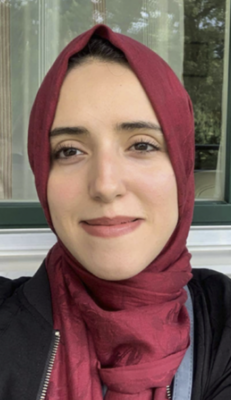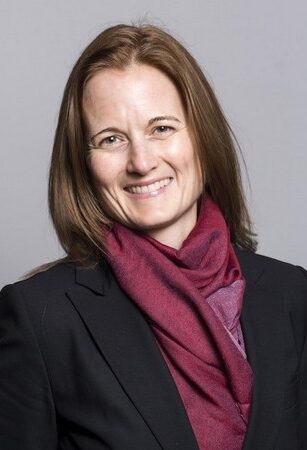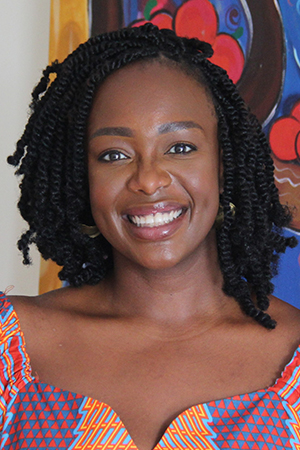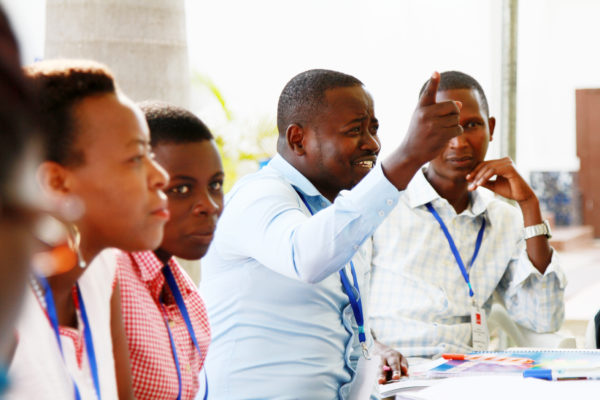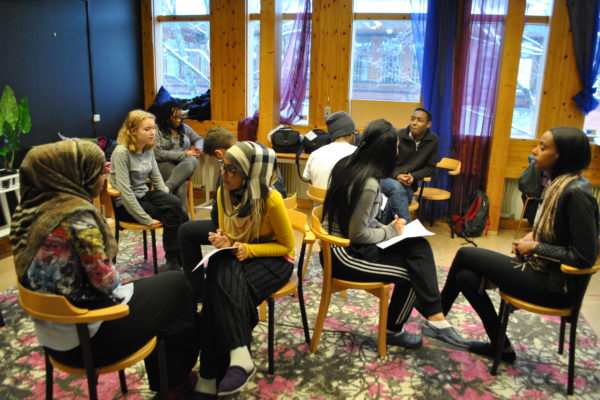From policy to practice – Partnering with youth to build sustainable peace
"Young people around the world are advancing peace and justice and seeking to transform societies grappling with the legacies of both short- term and multi-generational conflict in exciting and powerful ways.”
Anjli Parrin, Advancing Peace Through a Youth-Centered Approach to Transitional Justice
Seven years ago, Resolution 2250 of the UN Security Council on Youth, Peace and Security (YPS) recognized the positive contribution of young people to the maintenance and promotion of peace and security; and urged Member States to increase the representation and meaningful participation of youth in conflict prevention and peacebuilding efforts. In implementation, however, the YPS agenda has faced a number of challenges in terms of access, resources and representation. Youth participation and their capacity to influence decision-making are often limited by structural barriers and insufficient investment in facilitating their inclusion and empowerment. As a result, youth participation has sometimes been neglected or manipulated. One of the objectives of this year’s International Youth Day, on August 12th, is to raise awareness on age-related barriers in various spheres where the life of young people are impacted, such as employment, political participation, health and justice.
Interpeace has worked and partnered with youth for over 28 years in Africa, Latin America, Europe, the Middle East and Asia; in countries where young people are affected by the cycles of protracted conflict and face physical violence, forced recruitment into armed groups, intergenerational transmission of trauma, forced displacement and have lost access to schooling, jobs and livelihood opportunities. From its inception, Interpeace has strived to ensure that the work is driven, owned and lead by young people at the country level, because we believe that investing in their voices, agency and leadership will have a profound impact in building sustainable peace. A key goal of our programmes is therefore to strengthen the resilience capacities of youth and prioritize their participation in building social and political resilience, particularly in areas where their involvement is critical: climate change, transitional justice and mental health, to name a few.
Currently Interpeace’s youth, peace and security work spans most of its country programmes, including Côte d’Ivoire, Burundi, Yemen, Burkina Faso, Rwanda, Somalia, as well as our regional programme in Africa’s Great Lakes; and through our recently launched “Outside the Box” digital platform we are providing a space for young men and women to amplify their voices and leadership at a global level.
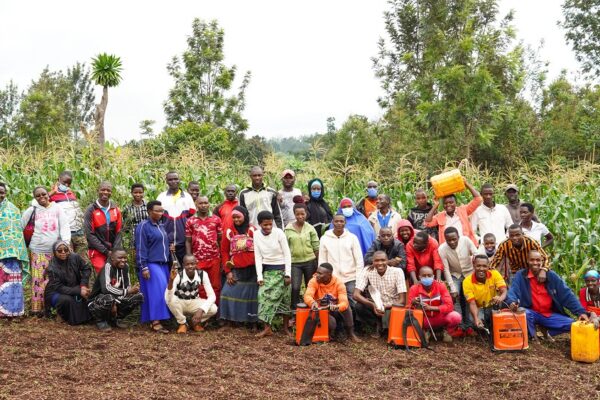
Youth Peace and Security in practice
"I realised that I can be the problem if I don't engage, if I don't take the first step. But I also understood that I can be the solution by bringing young people together." Idriss Ouattara, member of Association Génération Consciente de Côte d'Ivoire in Bocabo (GCCI)
In Côte d’Ivoire, Interpeace and local partner Indigo Côte d’Ivoire, aimed to return to the core principle of the YPS agenda by making youth the architects of peacebuilding in their communities; by supporting and working with existing youth-led initiatives and ensuring youth were responsible for the design and the implementation of key components of the project.
Youth in Côte d’Ivoire are commonly seen as key actors of political violence, being the victims of political instrumentalization and violent mobilization, particularly in electoral contexts. With the support and guidance of Interpeace and Indigo, youth groups carried out a Participatory Action Research (PAR) on the role of youth in political violence. From the results gathered, they proceeded to design new political violence prevention actions, putting YPS tools into practice in their context. Furthermore, the youth groups developed and implemented advocacy and communication campaigns based on these results.
This exchange reinforced the capacities of the youth groups to make their initiative on violence prevention and social cohesion more strategic, efficient, impactful, inclusive and sustainable. The publication: Putting the Youth, Peace and Security Agenda into practice: Youth as peace agents in Côte d’Ivoire captures key lessons and good practices from the initiative. It helps tackle the challenge of implementing the Youth, Peace and Security agenda, both nationally and locally, as well as provides a practical guide to governments, agencies, international organizations, NGOs and the private sector who wish to strengthen the participation of young people and their contribution to peace and security efforts.
Political and economic empowerment of youth collectives
“Undertaking a development project together has made us realise that our political diversity is more of an asset than an obstacle” Youth from Gasorwe Commune, Muyinga Province, Burundi
In Burundi, where youth make up the majority of the population (65%), Interpeace and local partner the Centre d’Alerte et Prevention des Conflits (CENAP), work with youth affiliated with different political parties to prevent violence and promote peaceful electoral processes. By engaging on trainings, debates and establishing collectives, the programme has witnessed youth crossing party lines to combat stereotyping and rumours, as well as has helped stop potential conflicts before they even start.
Moreover, young people have created joint projects and networks of their own initiative, like the creation of a Youth United Cooperative for Integral Development (CJUDI) which brings together young people from different political parties. The youth collectives work together on community and entrepreneurial initiatives, fostering social cohesion and building trust.
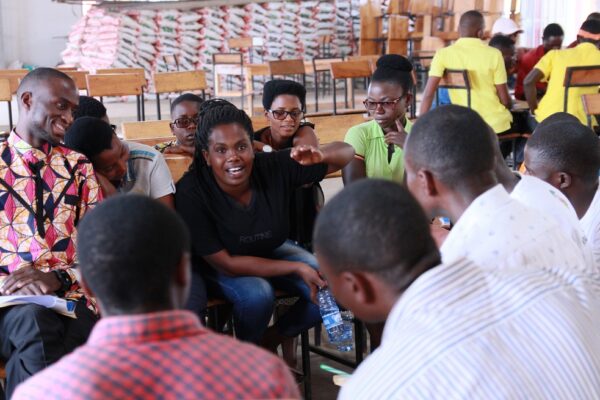
Strengthening peacebuilding infrastructure to improve resilience for peace
In Yemen, Interpeace has partnered with Youth Without Borders for Development (YWBOD), a Yemeni peacebuilding organization working on empowering youth to play significant and effective roles to bring about positive change. The project focuses on fostering the potential of young people to influence conflict resolution in positive and practical ways, and connecting this knowledge to decision-makers. It aims to inform and train a range of community-level actors to participate in local peacebuilding processes, as a way to strengthen resilience to peace, focusing on what works rather than on issues that create divisions.
Through participatory approaches, Interpeace and YWBOD are conducting capacity-building courses with Civil Society Organizations and Yemeni youth initiatives, such as Youth, Peace and Security Pact - Yemen. Youth initiatives are now conducting evidence-based research and implementing community resilience activities in Aden and Taiz, with young people having a central role in evidence collection.
Empowering youth in the Great Lakes region
Through a new regional initiative, Interpeace and local partners are providing young people in Burundi, DR Congo, Rwanda and Uganda with the skills and knowledge they need for a more effective leadership role in regional peace processes. The Great Lakes Youth Innovation Lab for Peace (YouthLab) is a 30-month initiative, launched in January 2021, implemented in partnership with Never Again Rwanda (NAR), the Pole Institute, the Centre d’Alerte et Prevention des Conflits (CENAP) and the Refugee Law Project.
According to one of the young people participating in the workshop: “Before this activity, we did not know each other. Now, we have just created a Whatsapp group to facilitate contacts between us.”
The YouthLab will provide a platform to provide young people in the Great Lakes with the necessary tools and capacities to engage in dialogue with policy makers, and to articulate their vision for peace in the region. The project also offers opportunities for horizontal learning and network building, as it is bringing together young people from across the region. Young people will not only learn but actively participate and lead initiatives that can contribute to governance, peacebuilding, and development initiatives at the local, national and regional levels.
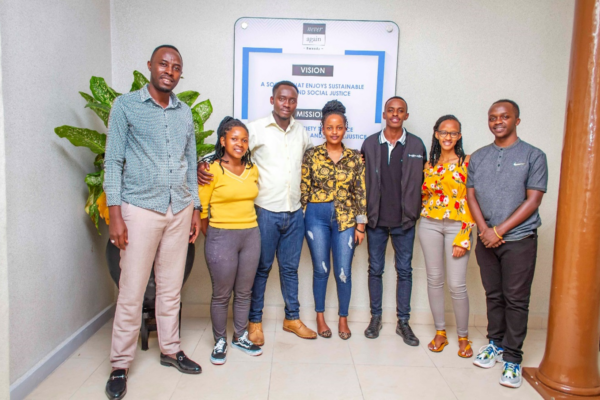
Outside the Box
"What if we found a way to consistently and regularly include more youth priorities, such as environmental protection and technology, in policy? Could we better anticipate future ecological disasters? Could we become even more resilient for peace?"
Anupah Makoond, Beneath the Wakashio Oil Spill: Exploring the linkages between youth marginalisation, environmental disaster, and resilience for peace in a small island state.
At the global level, Interpeace is proud to have facilitated the completion in 2021 of nine youth-authored or YPS-focused policy briefs. Each addresses issues of policy or practice that are important to young women and men, but which have not received sufficient attention in the YPS agenda or its implementation. The briefs address: youth, climate and conflict; alternative non-violent masculinities; the role of youth in transitional justice; assessments of YPS action plans and national YPS coalitions; expressions of youth resilience for peace; mental health and psychosocial services in the YPS arena; youth-centered DDR processes; and the dangers of securitisation of YPS agenda. A dedicated webpage and platform have been launched on the Interpeace website: Outside the Box: Amplifying Youth voices and Views on YPS Policy and Practice.
The Interpeace Outside the Box Platform will soon feature new youth authored and YPS focused policy briefs and other forms of media, set to be published in 2022 and 2023.

